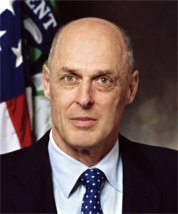Santander Bank has faced a number of issues in recent years, from an investigation into its auto loan business to receiving a $10 million fine over alleged illegal overdraft practices. More recently, the company received a failing grade from regulators when it came to its community lending business, prompting lawmakers to condemn the bank’s alleged discrimination and urge federal banking regulators to review the financial institution’s practices. [More]
occ

Lawmakers Urge In-Depth Review Of Santander Bank’s Practices After Discrimination Allegations
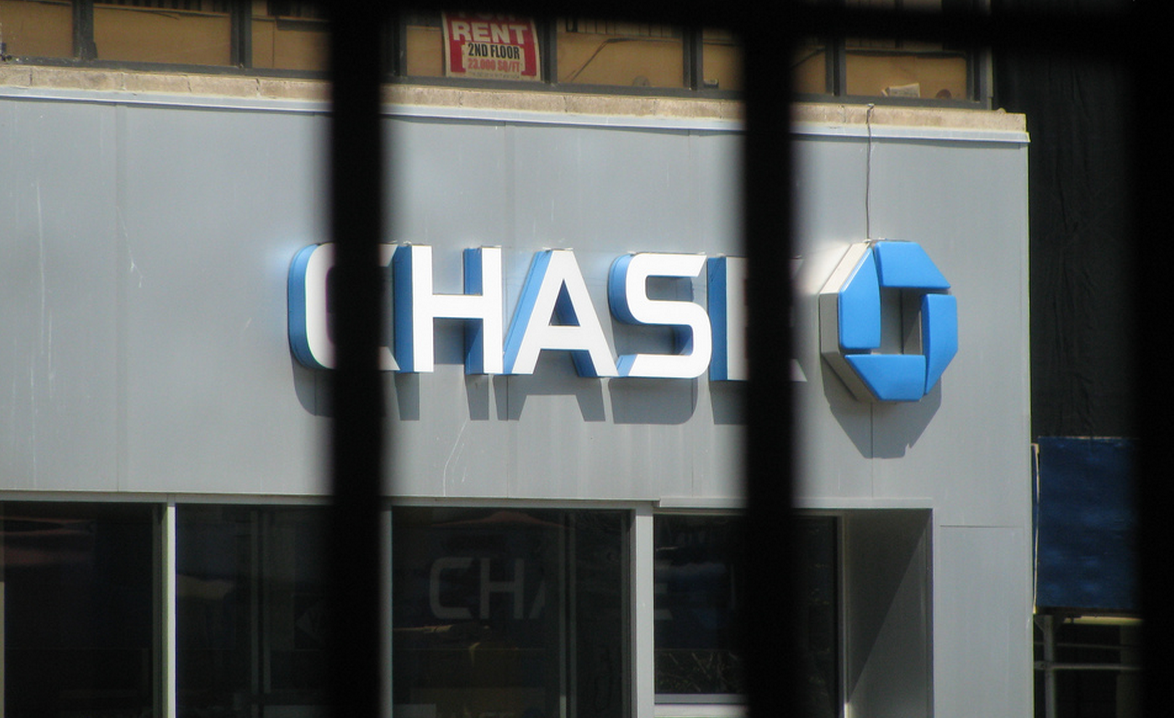
JPMorgan Chase Fined $48 Million For Failing To Comply With Robosigning Settlement
Years after being hit with billions in penalties, and after being told by federal regulators to stop screwing up the foreclosure and mortgage adjustment process by providing borrowers and courts with inaccurate and unchecked information, some banks continue to pay for the fact that they didn’t quite learn their lesson. [More]

Fifth Third Bank Backtracks On Its Pledge To End Payday Loans
In early 2014, the four major banks still offering customers payday loan-like services announced they would discontinue their often under-fire programs by the end of the year. Apparently Fifth Third Bank has changed its mind, announcing plans to continue with a revised, supposedly less harmful version of the service for existing customers. But consumer groups say the revamped service doesn’t actually address the problems that led banks to discontinue programs in the first place. [More]
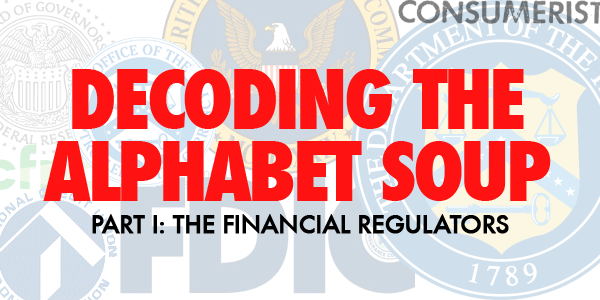
The Consumerist 101 Guide To Understanding Your Financial Regulators
Washington, D.C., might as well be called Acronym City. It feels like there are a zillion different, discrete agencies, organizations, bureaus, boards, and commissions within the federal government, each with its own graceless three-, four-, or five-initial moniker, forming the tangled web of a bureaucracy that regulates… well, almost everything. So what are the key regulatory agencies, anyway? Who oversees what, and who do they report to, and how does it all work? [More]
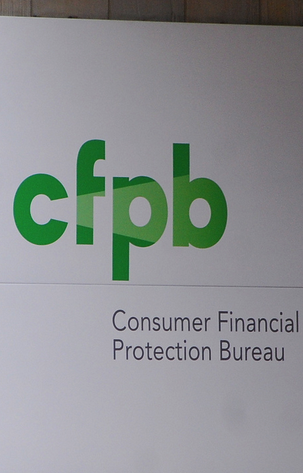
Big Banks Don’t Want To Be Transparent About Checking Fees If Little Banks Don’t Have To Be
If we were to play a word-association game with the nation’s largest banks, we’re sure that terms like “fair” and “equitable” would be right on the tip of peoples’ tongues. And because big banks always play fair with everyone else, they are asking that their checking-account fees not be put under the regulatory microscope if smaller banks’ fees aren’t going be subject to the same scrutiny. [More]

Banks Working With HELOC Borrowers To Prevent Potential Loan-Default Disaster Before It Happens
The housing bubble that imploded spectacularly in 2008, taking a big chunk of the U.S. economy with it, has a second wave waiting to strike in the form home equity lines of credit (HELOCs). Having learned from the lesson that preventing a disaster rather than recovering from one might, in fact, be a better way to go, lenders — at the urging of regulators — are now working proactively with borrowers to stave off potential doom before it happens. [More]
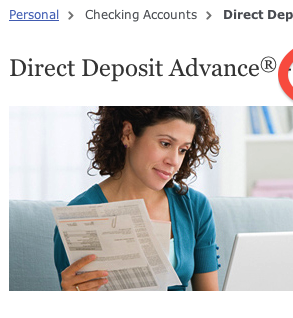
FDIC & OCC Ask Banks To Please Stop Issuing Payday Loans As “Direct Deposit Advances”
While many payday lending operations are not directly tied to federally insured banks, some of the biggest names in banking — most notably Wells Fargo — offer what are effectively payday loans via “Direct Deposit Advance Loans.” But today the FDIC and the Office of the Comptroller of the Currency have given some guidance to the banks they regulate, basically saying “That’s enough of that, don’t ya think?” [More]

Regulators Ask Banks To Not Be Jerks To Customers Affected By Shutdown
The shutdown of the federal government is now a week old, meaning a growing number of furloughed workers — and employees of businesses whose income depends on government contracts — are having trouble keeping up with their bills. In a joint statement today, five regulators have asked banks and other financial institutions to be mindful of customers who are directly impacted by the current staring contest. [More]
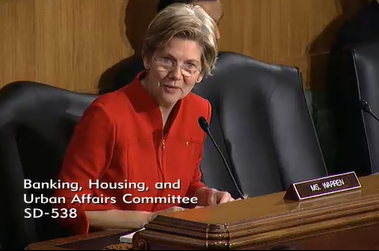
Sen. Warren: Why Can Banks Commit Crimes But Get Away Without Admitting Guilt?
Back on Valentine’s Day, rookie U.S. Senator — and longtime consumer advocate — Elizabeth Warren of Massachusetts showed little love for the nation’s bank regulators, asking if any of them — the Office of the Comptroller of the Currency, Consumer Financial Protection Bureau, Securities and Exchange Commission, the Federal Deposit Insurance Corporation — had actually taken a large financial institution to trial instead of settling. None of them could provide a quality answer at the time, but Warren has not let them off the hook. [More]

Many Victims Of Shady Foreclosure Practices Will Only Get $300-$500 Under Government Plan
There’s no doubt that millions of homeowners were the victims of shady foreclosure practices at the country’s biggest banks when the recession hit. So many of those people were likely hoping for a positive resolution to their woes when the government said it was going to figure out how to compensate homeowners with its Independent Foreclosure Review, an investigation into banks’ mistakes in servicing mortgages. But after waiting years for an answer, about three million eligible borrowers will only be seeing checks for between $300 and $500. [More]
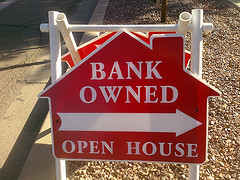
GAO Calls Out Bank Regulators For Mucking Up Foreclosure Reviews
Back in April 2011, in the wake of the robosigning scandal and in light of numerous instances of erroneous seizures, the Office of the Comptroller of the Currency and the Federal Reserve System ordered independent reviews of the foreclosure process at the country’s 14 largest mortgage servicers. Now, two years on, the Govt. Accountability Office is saying these regulators allowed the review process to become inconsistent and overly complex. [More]
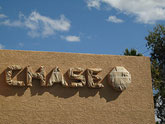
Feds Probing Chase On Credit Card Collection Practices
Following the lead of whistleblowers, the Office of the Comptroller of the Currency has reportedly been investigating JPMorgan Chase over allegations that, over the course of at least two years, the bank used inaccurate records when suing thousands of delinquent credit card customers. [More]
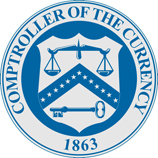
WaMu Customers, Office of the Comptroller of the Currency Is Your New Regulator
As an aside, WaMu’s charter was under the Office of Thrift Supervision (OTS). Chase’s bank regulator is the Office of the Comptroller of the Currency (OCC). Whether being a Chase customer was your choice or not, if you ever have a major complaint about Chase regarding what you feel is on the bank’s part malfeasance, you’ll want to send it to the OCC.
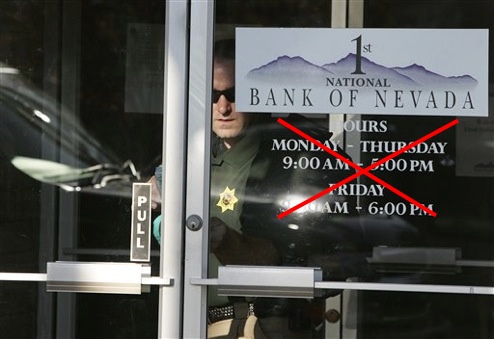
Two More Banks Fail, Including The Largest Arizona-Based Bank
Yesterday the FDIC shuttered the 28 branches of the First National Bank of Nevada and the First Heritage Bank. Federal regulators will perform a nifty little magic trick over the weekend, and on Monday, the branches will reopen as Mutual of Omaha Bank. Aren’t bank failures fun?!
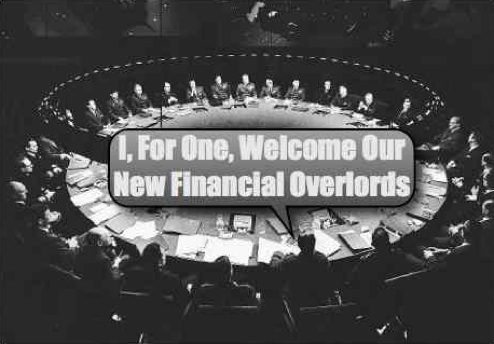
Treasury Secretary Calls For Supercharged Fed, Streamlined Regulatory System
Treasury Secretary Henry Paulson wants to consolidate the nation’s financial regulators into a tripartite gang that can save the economy from distress and doom. The plan to give the Federal Reserve broad new regulatory powers and streamline the regulatory community has been in the works since last March, before the start of the subprime meltdown. Paulson is worried that the U.S. markets are no longer competitive with maturing world markets, some of which aren’t hampered by nuisances like regulation. After the jump we’ll explain the consumer impact of the plan and introduce you to your three new regulators.

NY Governor On The Mortgage Meltdown: "The Bush Administration Will Not Be Judged Favorably"
What did the Bush administration do in response? Did it reverse course and decide to take action to halt this burgeoning scourge? As Americans are now painfully aware, with hundreds of thousands of homeowners facing foreclosure and our markets reeling, the answer is a resounding no.
Website Offers 411 For Financial Questions
In July, federal regulators launched a new website, HelpWithMyBank.gov, to answer your basic bank-related questions, as well as to provide an easy way to lodge complaints about any of the 1,800 offending financial institutions that fall under its purview. (Yes, that includes Chase and BofA.)


